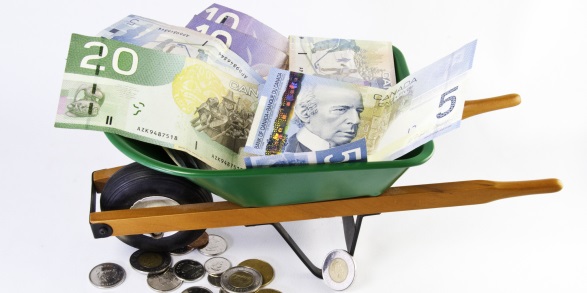program spending
As Ontario continues to undermine its economic future with growing debt, the province does not receive near the critical scrutiny it should from the media and financial markets. In reading CIBC World Markets latest Economic Insight, its not hard to understand why.
Imagine receiving a credit card bill that totaled $243,476. This would no doubt be a shock for most Canadians. But if you add up all the liabilities of every Canadian government "federal, provincial, and local" that is in fact how much each taxpayer would owe of the $4.1 trillion total in direct debt and unfunded liabilities.
This admittedly is a very large number and much bigger than what is usually talked about by both politicians and pundits alike. So let's deconstruct it to gain a better understanding.
No normal person pays close attention to who is "in" or "out" as finance minister, and that's a good thing. It means the politician in question has avoided messing up the lives of ordinary Canadians. Still, their actions can and do matter, for better or worse.
If you listen to Alberta Finance Minister Doug Horner, the province's public finances are under control. The government's budget imposes no new taxes, spending growth has been moderated, and Alberta is running an operational budget surplus after successive years of budgetary deficits.



